What is Key Control, and Why Should Homeowners Understand It for Security?
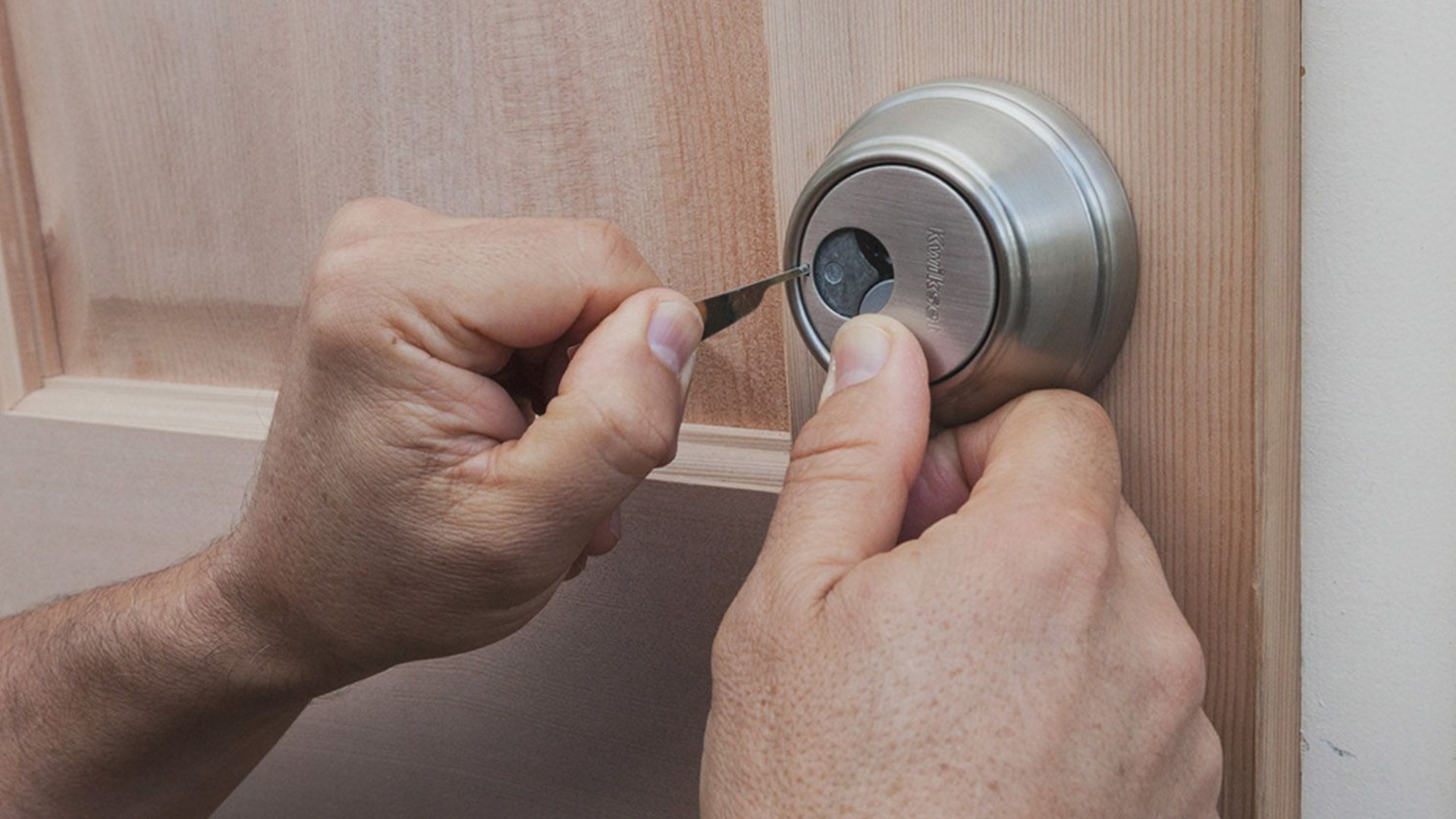
Keys provide access and control over our most private spaces – our homes. Understanding proper key control is an essential part of keeping our homes and families safe.
In this post, we’ll explore what key control is, why it matters for home security and tips that every homeowner should follow to restrict access to their house keys. Proper key control limits who can enter our homes, keeps track of who has access and helps prevent unauthorised copies of keys from being made.
For homeowners concerned about home security and keeping their spaces private, key control should be a top priority. Read on to learn more about this important but often overlooked aspect of securing your home.
What is Key Control?
Key control refers to the procedures and policies in place to manage who has access to the keys for a home, building or other secured space. For homeowners, key control involves keeping track of how many copies of your house keys exist, who holds those copies, and what keys grant access to which parts of your home.
Effective key control limits key distribution to only trusted individuals. It also regulates the creation of key duplicates through careful tracking and authorisation procedures.
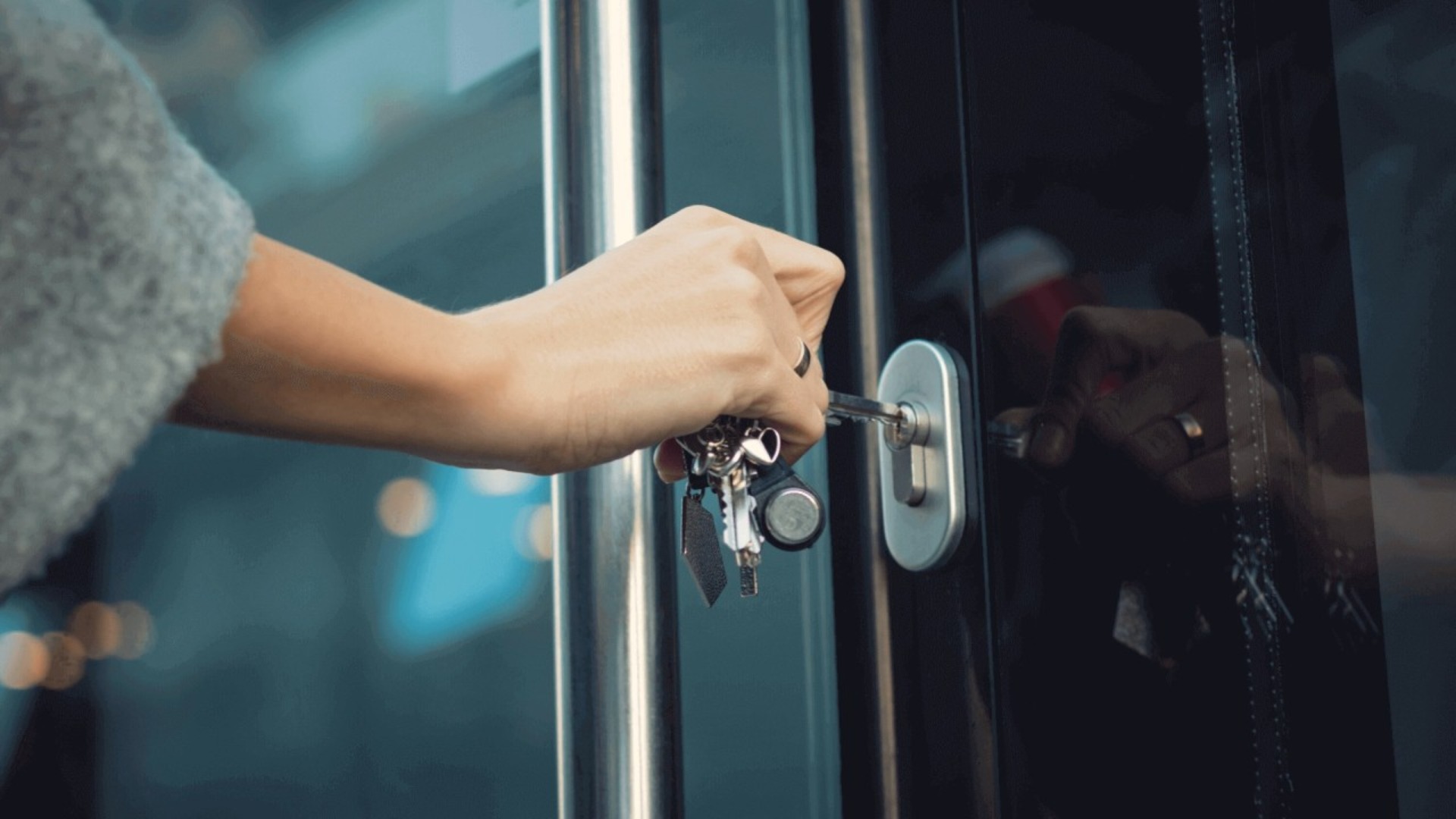
Proper key control treats keys like sensitive access passes that grant entry to a private, secured space – a homeowner’s most intimate refuge. Implementing secure measures for accessing and copying keys helps protect against unwanted intrusions or property theft. Key control puts homeowners in charge of who can enter and access their space by managing key possession and duplication.
Key Control Mechanisms
There are several mechanisms homeowners can use to exercise tight key control. First, you should maintain a key log to document how many keys exist and who has possession of them.
Only give keys to trustworthy individuals and get signed acknowledgements when distributing them. Retrieve keys from anyone who no longer needs access. Next, install high-security locks that can’t be easily duplicated without proper authorisation.
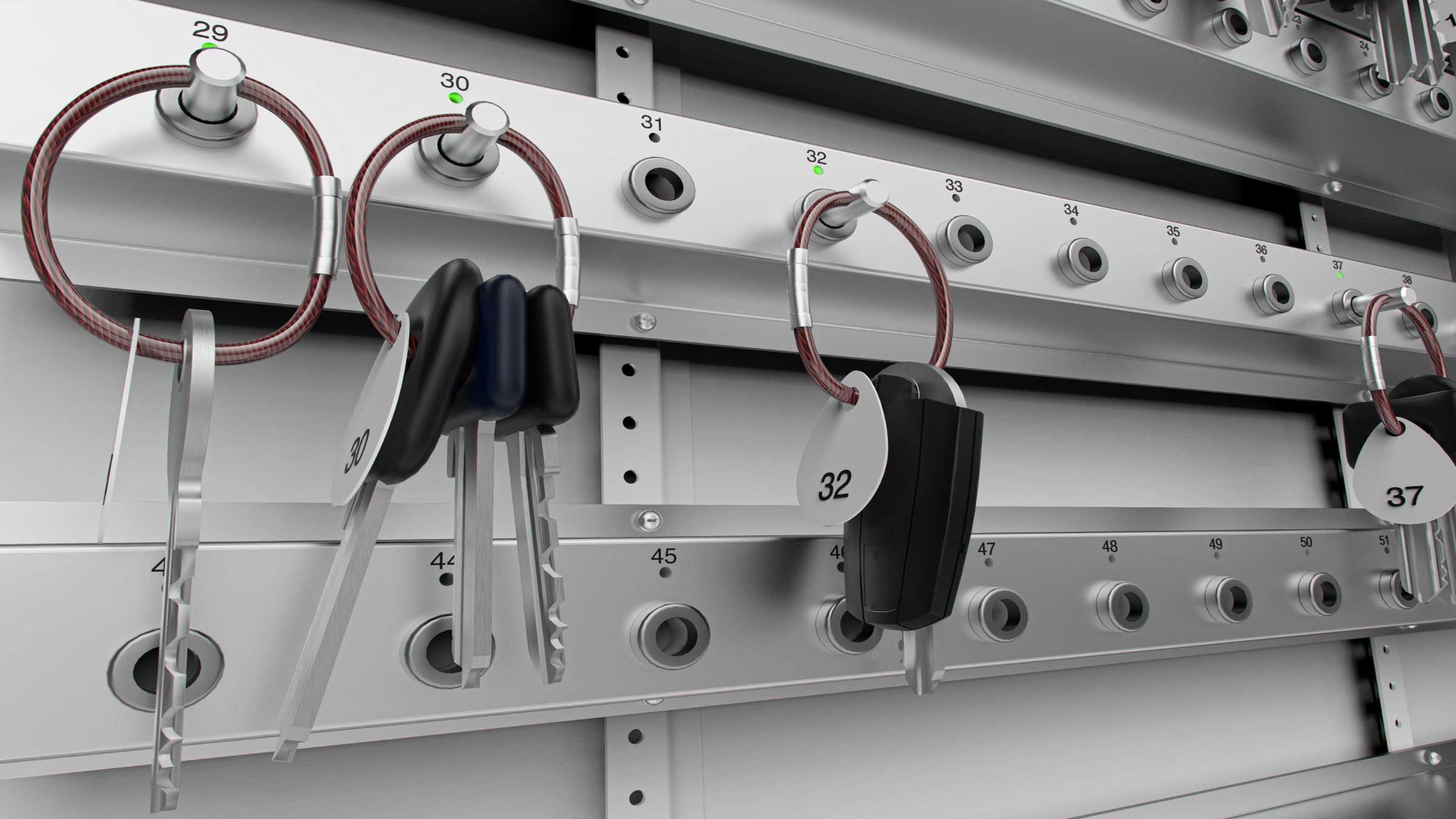
Invest in locks with keys that say “Do Not Duplicate” or have a unique embedded security code. You can also get sophisticated electronic key systems installed that use access cards or fobs instead of metal keys.
Finally, keep spare keys securely stored out of sight and access from untrustworthy individuals. Consider a locked key box or safe for holding your master key system. Taking steps to limit and track key access, duplicates, and distribution helps homeowners control and protect access to their homes.
Advantages of Key Control
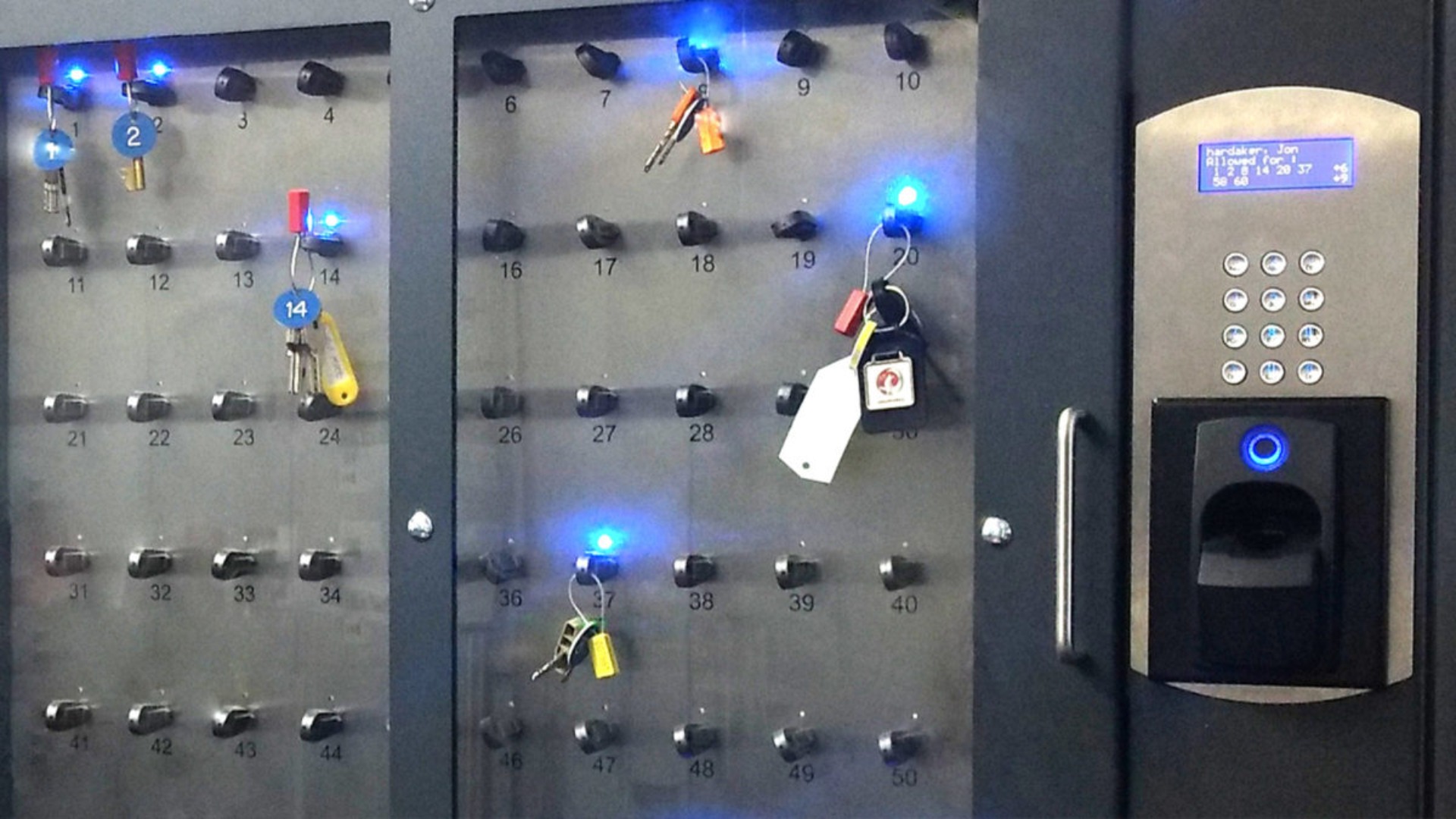
Uncontrolled key duplication is a major risk for homeowners wanting to protect their property. Without proper key control, unauthorised copies can be made easily without the homeowner’s consent.
Friends, family members, contractors, maintenance staff and others may duplicate a key without permission, enabling access to the home anytime. Unaccounted copies mean more opportunities for lost and stolen keys that can fall into the wrong hands.
Key Duplication Risks
Uncontrolled key duplication is a major risk for homeowners wanting to protect their property. Without proper key control, unauthorised copies can be made easily without the homeowner’s consent.
Friends, family members, contractors, maintenance staff and others may duplicate a key without permission, enabling access to the home anytime. Unaccounted copies mean more opportunities for lost and stolen keys that can fall into the wrong hands.
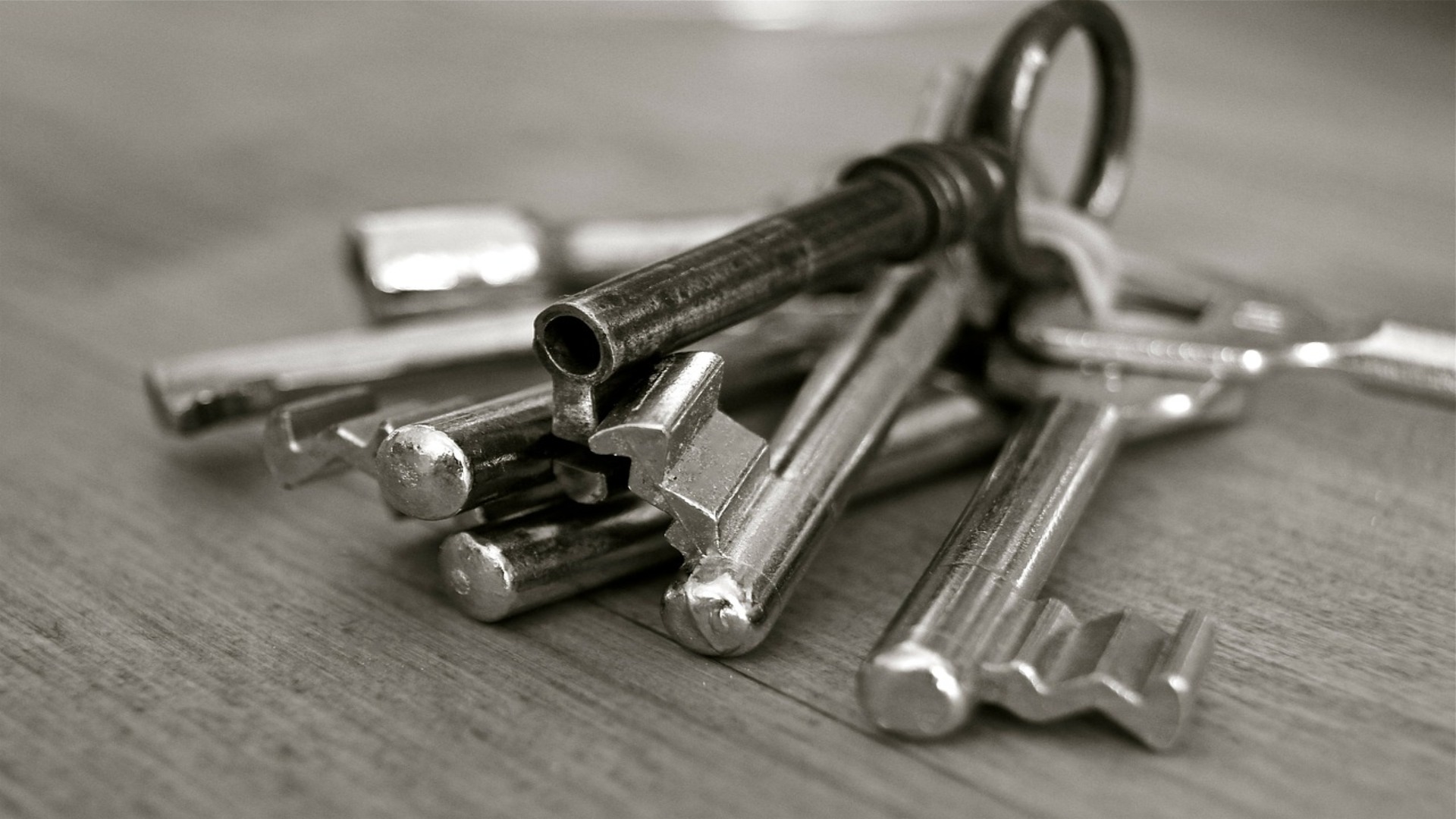
Criminals can also fraudulently duplicate keys by “borrowing” them briefly or using imprints left in a lock. Unauthorised duplication leads to more keys circulating without the homeowner’s knowledge or tracking.
This major loophole in security makes it crucial for homeowners to implement strict procedures and policies around duplicating keys. Tracking, authorising and limiting all key copies helps plug this vulnerability.
Importance of Homeowners' Understanding
It is critical that homeowners understand the importance of a key control system and implement strong policies to restrict access to their homes. Most people do not think twice about having their keys copied or handing them out to others.
However, homeowners must treat keys like the sensitive access passes they are. Understanding how to limit distribution, avoid unauthorised duplication, and actively track and control who has keys is essential.
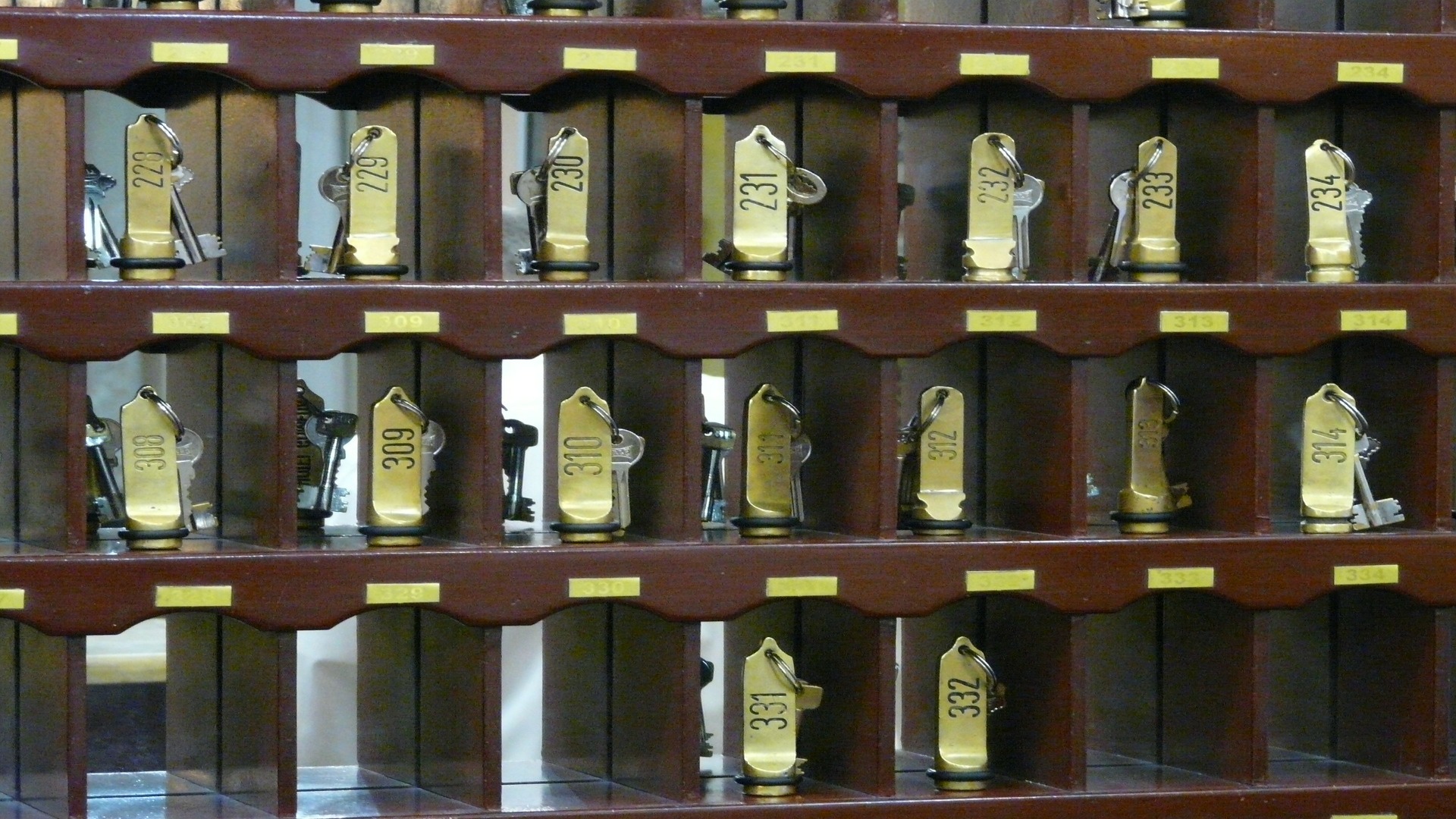
Homeowners should know how key control works and the risks of failing to establish such policies. They must take responsibility for authorising copies, collecting keys from former trusted individuals, and investing in secure locks and an access control system.
Homeowners who understand the principles of key control will be better equipped to keep their homes safe and secure from unwanted intrusion. Implementing key control and best practices puts them in charge of granting access to their private spaces.
Key Control Best Practices for Homeowners
To implement effective key control, homeowners should follow several recommended best practices. First, maintain a detailed key log to track all copied keys and who possesses them. Limit distribution only to trusted individuals who need access.
Require signed authorisations when distributing physical keys. Install high-security locks, like those with restricted duplication or embedded key codes, to prevent unauthorised copying. Store keys in secure, hidden locations like a locked safe or lockbox.

Consider electronic key fobs or access cards that can be deactivated if lost or stolen. Retrieve all keys when access is no longer needed.
Replace locks whenever a key is lost, stolen or unaccounted for. Being vigilant about tracking, limiting and controlling keys according to these best practices allows homeowners to boost security of their homes by restricting access.
Safeguarding Your Home, Protecting Your Peace of Mind
Key control is an important but often overlooked layer of home security. Understanding a proper key management system allows homeowners to take control over who can access their private spaces. With secure key management, the system can be configured so that keys can be returned to any key cabinet within the system. No matter how old or new the property is, it is certain that building management or property management is responsible for dozens if not hundreds (or thousands) of keys.
By implementing secure practices for distributing, duplicating and tracking keys, homeowners can restrict access only to trusted individuals. While establishing effective key control takes vigilance, the peace of mind and added security homeowners gain is invaluable.
At Express Locksmith, we are experts in key control and access management. We provide high-security lock installation, electronic key systems, and mobile locksmith services.
Contact us today to discuss securing your home through proper key control protocols tailored to your needs. Taking steps to control your keys better gives you the power to grant access to your home on your own terms.


